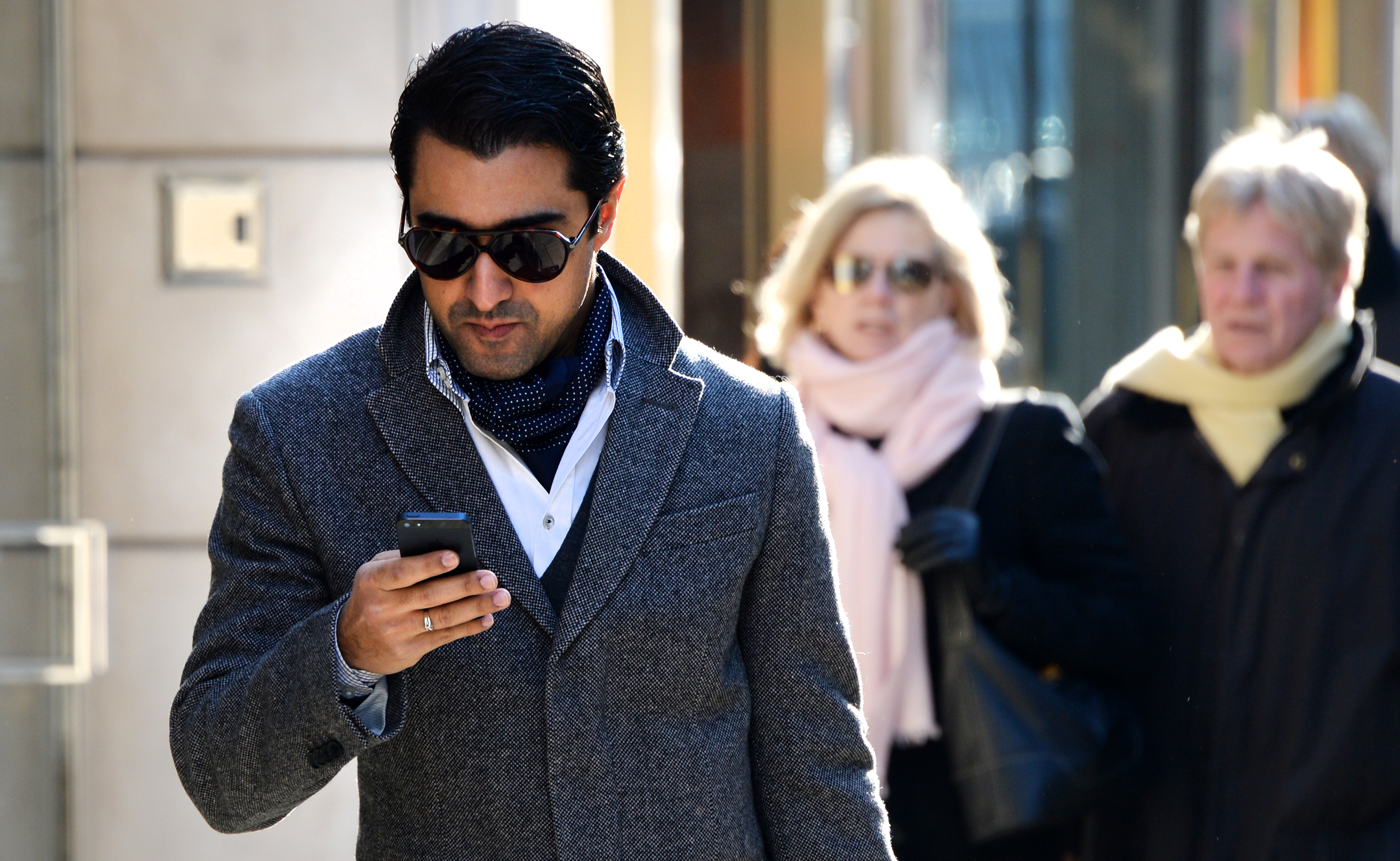In 2017, Pope Francis reminded young Catholics that “a better world can be built” from their “efforts, desire to change, and generosity” (Letter to Young People). Fast forward to the final days of October 2018, at the close of the Synod on Young People, Faith and Vocational Discernment. Once again, Pope Francis addressed youths about the importance of engagement, which has ramifications in the Church, in the wider community, and in the political realm.
What is a synod? It is a gathering of bishop representatives who offer counsel and direction to the Holy Father. The Preparatory Document for the October synod described its particular purpose: for the Church “to examine … how she can lead young people to recognize and accept the call to the fullness of life and love,” and more effectively announce Catholic teaching.
The Youth Synod and its final report (not yet available in English) were the culmination of years of work. More than 100,000 young people, ages 16 through 29, completed an online questionnaire. Around 300 young people participated in a pre-meeting in March 2018, which produced the draft document of insights and recommendations. The national bishops' conferences and Eastern rite Catholic bishops provided responses to a list of questions. Finally, 267 individuals participated as voting members in the synod — cardinals, bishops, priests, and religious brothers — and heard input from 72 experts and observers.
What can we learn? That the Catholic Church is enhanced by engaging with young people: by teaching and listening to them, mentoring and offering opportunities for them to share their gifts. This engagement can improve our parishes, as well as make our communities and our policies better — if we provide accompaniment as well.
Throughout the Synod, youth expressed their passion for political, civil and humanitarian activities. They wrote of their desire to build a better world, “wanting to act as Catholics in the public sphere” and “to be taken seriously as fully responsible members of the Church.” At the same time, youths have questions about the faith and need more than “watered-down” answers. They do not always understand or feel prepared to defend the Church’s teachings, especially in society, and want Church leaders to proclaim the truth “with a greater depth of teaching.”
The Michigan Catholic Conference (MCC) promotes a social order that respects human life and dignity and serves the common good. Staff meet with lawmakers about policies that will impact generations to come. As a Church, are we hearing the desire of young people to participate in the legislative process? Are we walking with them as they ask difficult questions about Church teaching and its policy implications? Are we preparing them to live their convictions, promoting Catholic teaching over traditional partisan politics so they might truly be able to advocate for the common good?
The synod offers many takeaways, with more to come as bishops return to their local dioceses and have further conversations with young people. Here are a few to consider:
1. Parents, as the primary educators of their children, need practical support to teach youth the beauty of the Catholic faith in an authentic way.
2. The document addresses challenges that young people face — such as violence, addiction, broken families, persecution and lack of employment — and highlights the need to speak out in communities and the public realm on these issues. The voices and perspectives of youth have a place in that discussion.
3. How well we present Church teaching to youth and help them discover the truths of their faith will directly impact the way they engage in the world and in political life.
Reflecting upon ways to help young people become more engaged, more knowledgeable, and more articulate about their faith can also create better Catholic citizens. It can enhance public discussions, and it can bring to the forefront the best ways to promote the common good and consider the needs of the vulnerable.
As we consider and acknowledge the role young people play in building up the Church and society, we must ask how older adults can live up to their role as well: facilitating, encouraging, modeling, and accompanying the next generation of the faithful.
The Word from Lansing is a regular column for Catholic news outlets and is written by Michigan Catholic Conference (MCC) President and CEO Paul A. Long. The Michigan Catholic Conference is the official public policy voice of the Catholic Church in this state.










